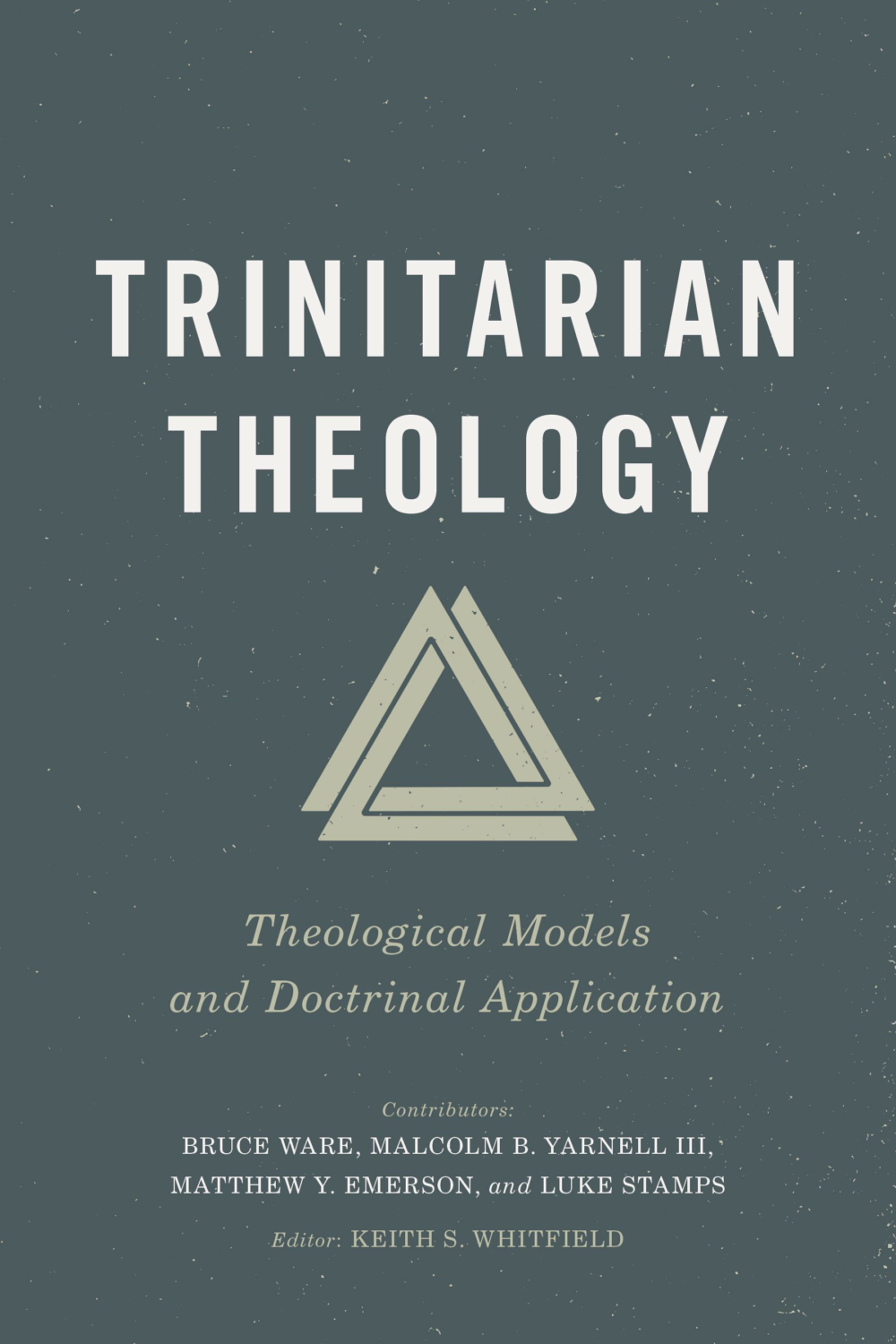Keith Whitfield
Keith S. Whitfield (PhD, Southeastern Baptist Theological Seminary) is assistant professor of theology and vice president for academic administration at Southeastern Baptist Theological Seminary.
View Author's Page
The heart of Christianity is trinitarian.
The subject matter of Trinitarian Theology casts a long shadow over our faith. The relationship between the Father, the Son, and the Spirit is central to the salvation story. The Trinity is central to Christianity, for the vibrancy of our churches, and for the clarity of our witness in the world. In Trinitarian Theology, Bruce Ware, Malcon B. Yarnell III, Matthew Y. Emerson, and Luke Stamps discuss issues such as the eternal functional subordination of the Son, the nature of the God-human relationship, and theological methods for forming the doctrine of the Trinity. This is a discussion of great importance, offered by scholars who represent varying views held by today’s Southern Baptist scholars.
Introduction by Keith S. Whitfield
Chapter 1: Unity and Distinction of the Trinitarian Persons
by Bruce A. Ware
Chapter 2: From God to Humanity: A Trinitarian Method for Theological Anthropology
by Malcolm B. Yarnell III
Chapter 3: On Trinitarian Theological Method
by Matthew Y. Emerson and Luke Stamps
Chapter 4: Response to Malcolm B. Yarnell III, Matthew Y. Emerson, and Luke Stamps
by Bruce A. Ware
Chapter 5: Response to Bruce A. Ware, Matthew Y. Emerson, and Luke Stamps
by Malcolm B. Yarnell III
Chapter 6: Response to Bruce A. Ware and Malcolm B. Yarnell III
by Matthew Y. Emerson and Luke Stamps
Conclusion by Keith S. Whitfield
Name Index
Subject Index
Scripture Index
The heart of Christianity is trinitarian.
The subject matter of Trinitarian Theology casts a long shadow over our faith. The relationship between the Father, the Son, and the Spirit is central to the salvation story. The Trinity is central to Christianity, for the vibrancy of our churches, and for the clarity of our witness in the world. In Trinitarian Theology, Bruce Ware, Malcon B. Yarnell III, Matthew Y. Emerson, and Luke Stamps discuss issues such as the eternal functional subordination of the Son, the nature of the God-human relationship, and theological methods for forming the doctrine of the Trinity. This is a discussion of great importance, offered by scholars who represent varying views held by today’s Southern Baptist scholars.
Introduction by Keith S. Whitfield
Chapter 1: Unity and Distinction of the Trinitarian Persons
by Bruce A. Ware
Chapter 2: From God to Humanity: A Trinitarian Method for Theological Anthropology
by Malcolm B. Yarnell III
Chapter 3: On Trinitarian Theological Method
by Matthew Y. Emerson and Luke Stamps
Chapter 4: Response to Malcolm B. Yarnell III, Matthew Y. Emerson, and Luke Stamps
by Bruce A. Ware
Chapter 5: Response to Bruce A. Ware, Matthew Y. Emerson, and Luke Stamps
by Malcolm B. Yarnell III
Chapter 6: Response to Bruce A. Ware and Malcolm B. Yarnell III
by Matthew Y. Emerson and Luke Stamps
Conclusion by Keith S. Whitfield
Name Index
Subject Index
Scripture Index